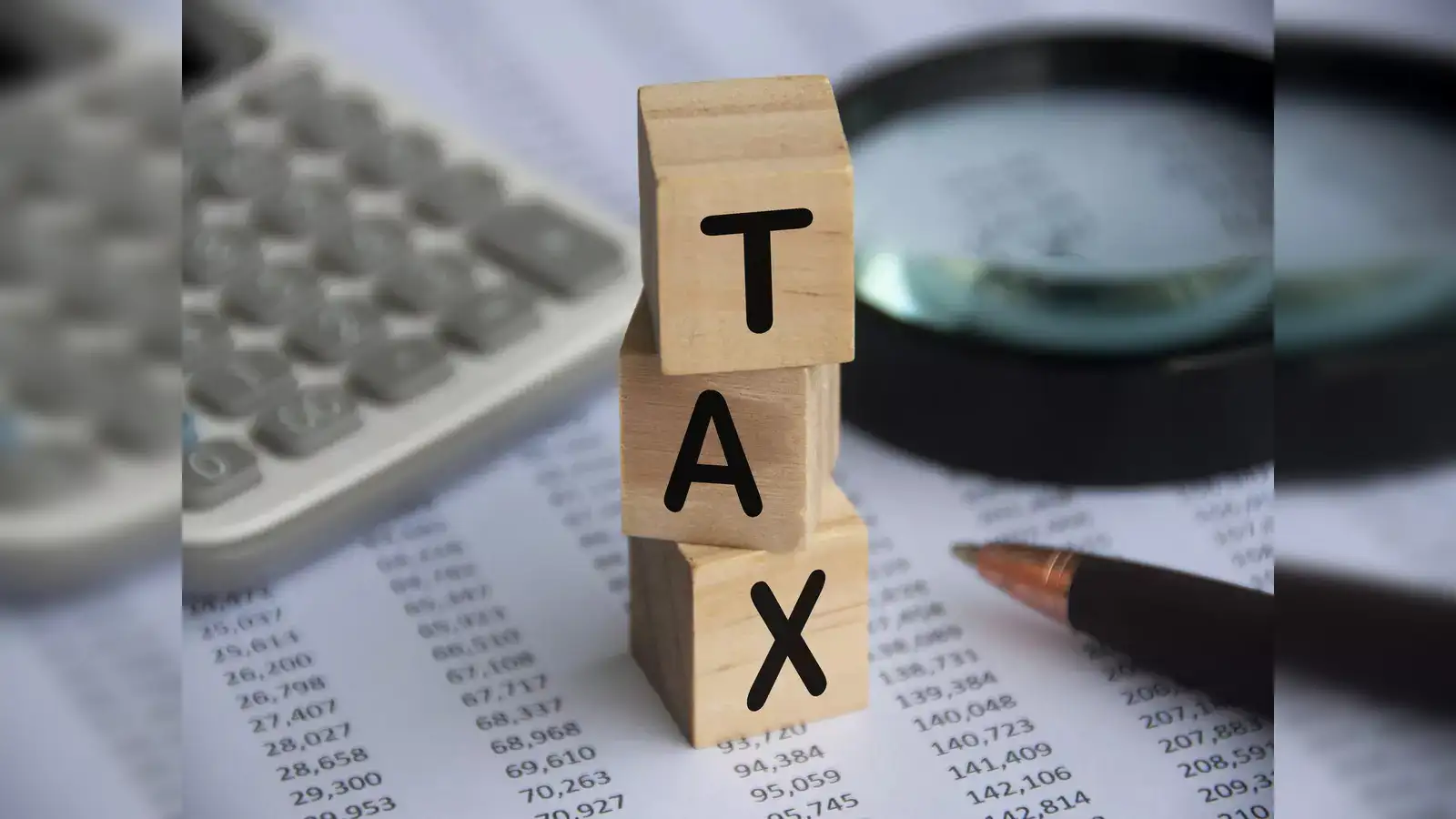Taxable Gain Based on Sale Price Minus Adjusted Basis
Capital gains tax is triggered when the land is sold for more than its adjusted cost basis—which includes the original purchase price plus improvements and minus depreciation (if applicable). The difference is considered taxable gain.
- Adjusted basis = purchase price + capital improvements – allowable deductions
- Capital gain = sale price – adjusted basis – selling costs (e.g., commissions, fees)
- Applies whether land is held personally, through an entity, or in a trust
Tax Rates Depend on Holding Period and Taxpayer Status
The IRS and most state governments tax capital gains at different rates depending on how long the land was held and the seller’s tax bracket.
- Short-term capital gains (held < 1 year) are taxed at ordinary income tax rates (10%–37%)
- Long-term capital gains (held ≥ 1 year) are taxed at 15%–20% federally, plus state tax
- Net Investment Income Tax (NIIT) of 3.8% may apply for high-income individuals
Tax Deferral and Reduction Strategies May Apply
Sellers may be able to reduce or defer capital gains tax using specific legal strategies, depending on their goals and transaction structure.
- 1031 Exchange allows deferral of tax if proceeds are reinvested in like-kind property
- Installment sales spread gain (and taxes) over multiple years
- Opportunity Zone reinvestment may defer or reduce gains if reinvested in qualified funds


